This post is also available in: Español ( Panyòl)
Pandan yon entèvyou nan preparasyon pou Snapshot Anyèl 2022 WK Kellogg Foundation , CEO ak prezidan La June Montgomery Tabron te pale ak pasyon ak fyète sou travay fondasyon an sou gerizon rasyal. Pandan WKKF ap reflechi sou setyèm Jounen Nasyonal Gerizon Rasyal li anyèl epi li re-angaje pou gerizon rasyal ak ekite pandan tout ane a, nou pataje yon ti moman nan entèvyou sa a.
Poukisa travay Kellogg Foundation lan sou gerizon rasyal tèlman enpòtan pou ou pèsonèlman, sitou nan moman sa a?
Mwen pasyone yon fason espesyal pou gerizon rasyal kounye a poutèt mwen wè yon fason pèsonèl kijan gerizon rasyal ka transfòme lavi yo ak òganizasyon yo. Apre pandemi an ak konsiderasyon faktè rasyal yo nan tout mond lan k ap fèt depi prèske twa lane, devlopman relasyon ak koneksyon pou diminye divizyon yo ka pi enpòtan kounye a ke l te janm ye anvan.
Youn nan egzanp prefere m sou transfòmasyon ke gerizon rasyal la pèmèt, te rive lè mwen t ap vizite yon inivèsite pou fè yon diskou ouvèti. Te gen yon seri ti evènman rasyal ki te dewoule nan inivèsite a, epi yo te mennen m pou m fè diskou ouvèti a sou gerizon ak ekite rasyal.
Mwen te vini kèk jou anvan pou m pale avèk konsèy administrasyon yo a, epi mwen te tande gen kèk nan yo ki pa t vreman konprann poukisa mwen te vini pou m fè diskou ouvèti sa a epi ki, yon fason jeneral, te kontrarye poutèt fason ansanm elèv yo t ap reyaji ak ti evènman rasyal sa yo.
Kidonk, olye mwen fè konvèsasyon mwen te prevwa fè ak konsèy la, mwen chanje konvèsasyon nou an pou m fè l tounen yon sèk gerizon rasyal sou de (2) jou. Nou te gen yon opòtinite pou nou pale youn ak lòt, afime imanite nou epi pataje verite pèsonèl nou ak eksperyans nou fè nan lavi nou. Mwen te panse ke se te yon bon konvèsasyon, men, onètman, poutèt yo te oblije ale touswit apre, mwen pa t sèten kijan tout moun te reyaji.
Nan demen, mwen fè diskou m nan nan Ouvèti a epi, pandan m ap desann tribin nan, youn nan manm konsèy administrasyon yo te la – youn ki te prezante tèt li pandan premye jou sèk gerizon nou an avèk bra l kwaze epi yon vye rega sou figi l – epi li te gen pi gwo souri mwen te janm wè. Li te vini annapre pou l ban m yon akolad pandan l t ap di m ke konvèsasyon sou gerizon rasyal nou an te “chanje lavi m” epi “mwen p ap janm menm moun nan ankò.”
Eksperyans sa a fè m sonje kijan li enpòtan pou kòmanse avèk gerizyon rasyal anvan w pran yon konvèsasyon kèlkonk sou ekite rasyal. Paske se konsa chanjman fèt. Moun sa a fè pati yon sistèm – nan inivèsite sa a – epi li ka fè yon diferans pou anpil, anpil lòt moun. Kalite konvèsasyon sa yo fè baryè yo tonbe epi yo ouvri opòtinite reyèl pou transfòmasyon dirab.
Epitou, nou konnen ke nou te bezwen kalite eksperyans gerizon rasyal sa yo depi lontan anvan 2020, li prèske difisil pou imajine nivo bezwen pou konvèsasyon sa a ki egziste – ak transfòmasyon ki posib la – nan mond nou genyen jodi a. Yon fason kolektif, nou kontinye ap travay sou konsekans yon pandemi ki te pran plizyè milyon lavi ak diskisyon mondyal sou ras ki te parèt apre asasina George Floyd la. Travay gerizon rasyal la te toujou gen yon enpòtans esansyèl pou timoun, fanmi ak kominote yo, men li difisil pou sonje yon moman nan istwa resan an kote li te pi ijan.

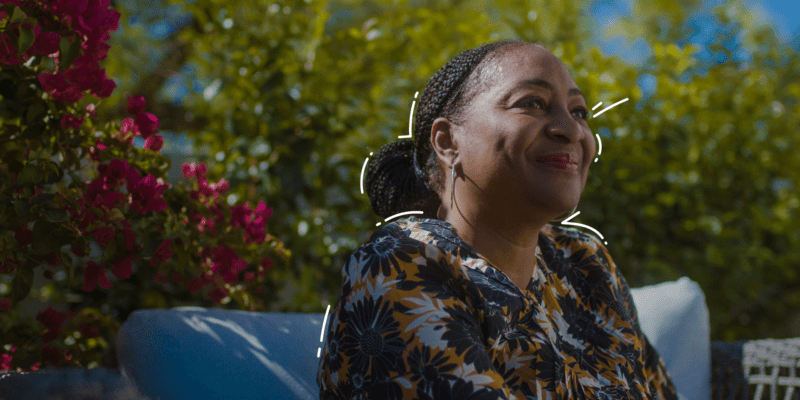
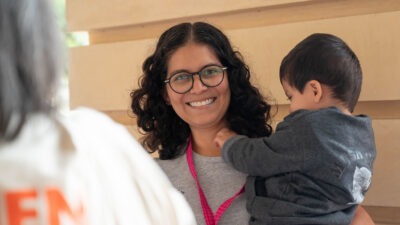
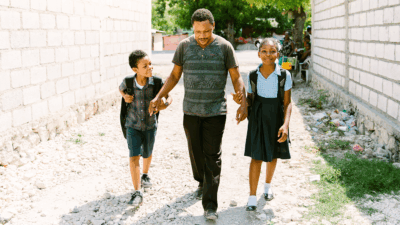
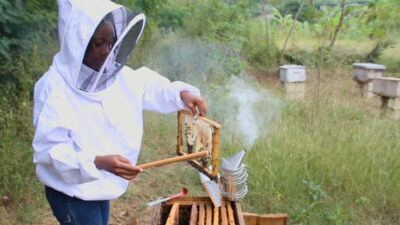
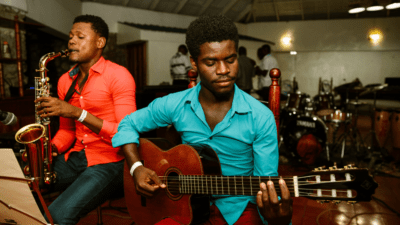
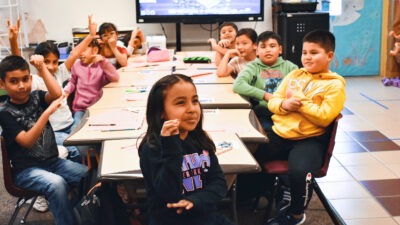
Comments